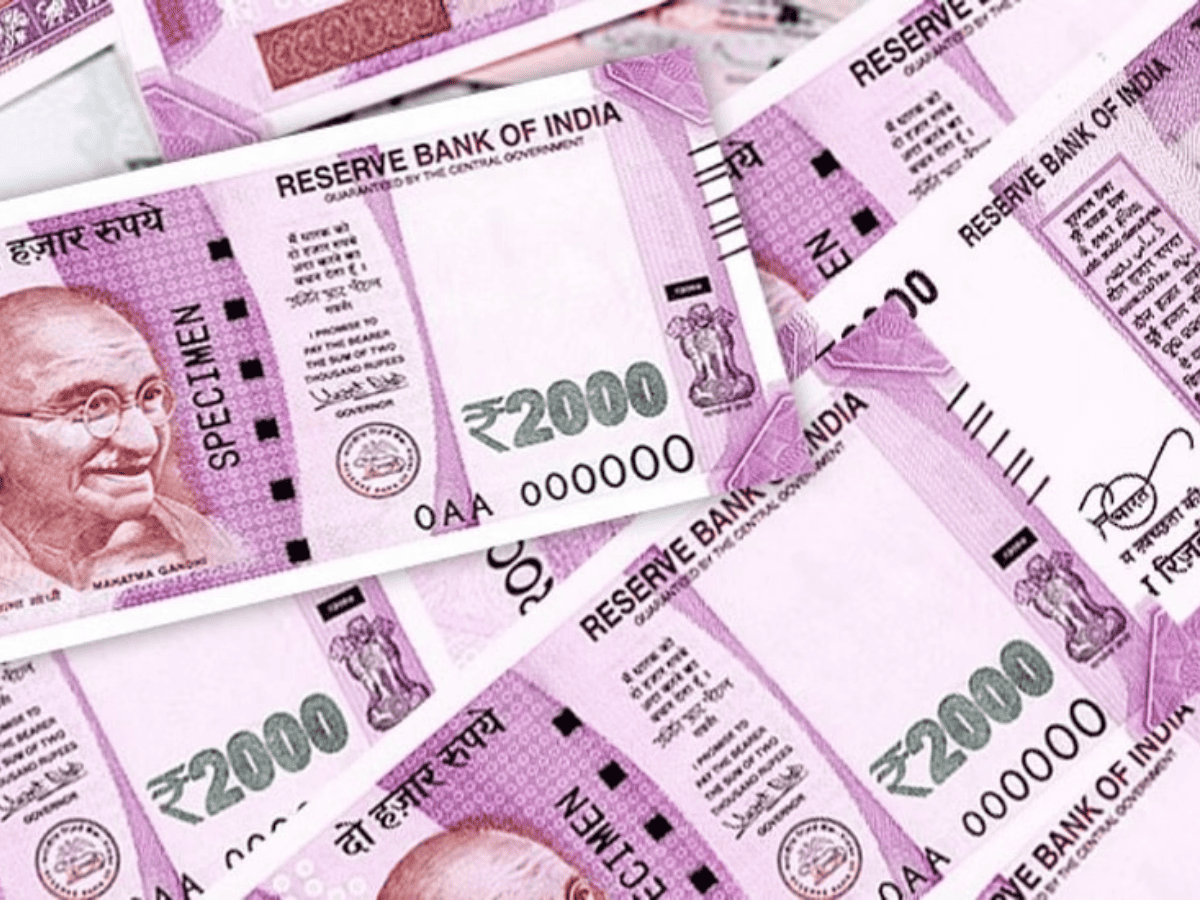
New Delhi: No form or requisition slip is required for the exchange of Rs 2,000 notes up to a limit of Rs 20,000 at a time as part of an exercise to withdraw high-value currency notes from circulation.
RBI on Friday in a surprise move announced the withdrawal of Rs 2,000 currency notes from circulation but gave public time till September 30 to either deposit such notes in accounts or exchange them at banks.
Unlike the November 2016 shock of demonetisation, when old Rs 500 and Rs 1,000 notes were invalidated overnight, the Rs 2,000 notes will continue to be legal tender.
In a communication to the chief general manager of all its local head offices, the State Bank of India (SBI) informed that the facility of exchange of Rs 2,000 notes by the public up to a limit of Rs 20,000 at a time will be allowed without obtaining any requisition slip.
With regard to the deposit of such notes in your own account, RBI has not specified any limit but it will be subject to compliance with extant Know Your Customer (KYC) norms and other applicable statutory requirements.
“Further, no identity proof is required to be submitted by the tenderer at the time of exchange,” the communication dated May 20 said.
It has asked its local head offices to arrange and extend all cooperation to the public so that the exercise is conducted in a smooth and seamless manner without any inconvenience.
According to sources, one can stand any number of times in a queue for the exchange of Rs 2,000 notes.
Although the facility for exchange is available since May 23, many customers were seen visiting their branches with the Rs 2,000 notes on Saturday.
Bank officials returned such customers after advising them about the start date for the exchange.
Some of the customers used cash deposit machines on Saturday to deposit Rs 2,000 notes in their accounts.
Many have tried jewellery shops to buy gold and other precious metals. However, jewellers are also hesitant in accepting Rs 2,000 notes and asking for KYC beyond prescribed cash purchases in many parts of the country.
According to the Confederation of All India Traders (CAIT), the withdrawal of Rs 2,000 notes by the Reserve Bank of India will not affect the trade of the small traders but will certainly hit the big and affluent class which might have stocked Rs 2,000 notes in large quantities.
CAIT does not anticipate any disturbance in trade activity due to this move.
